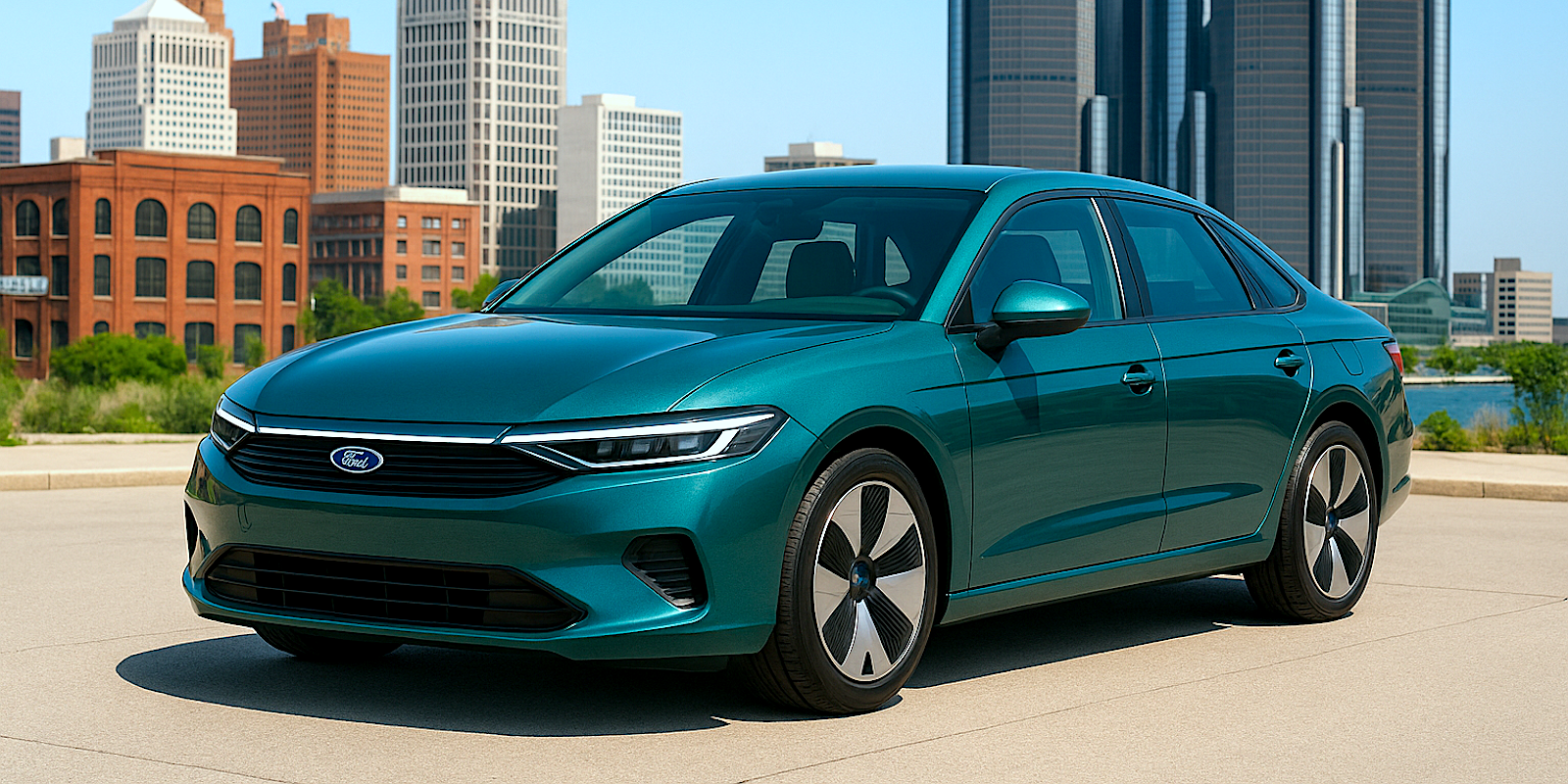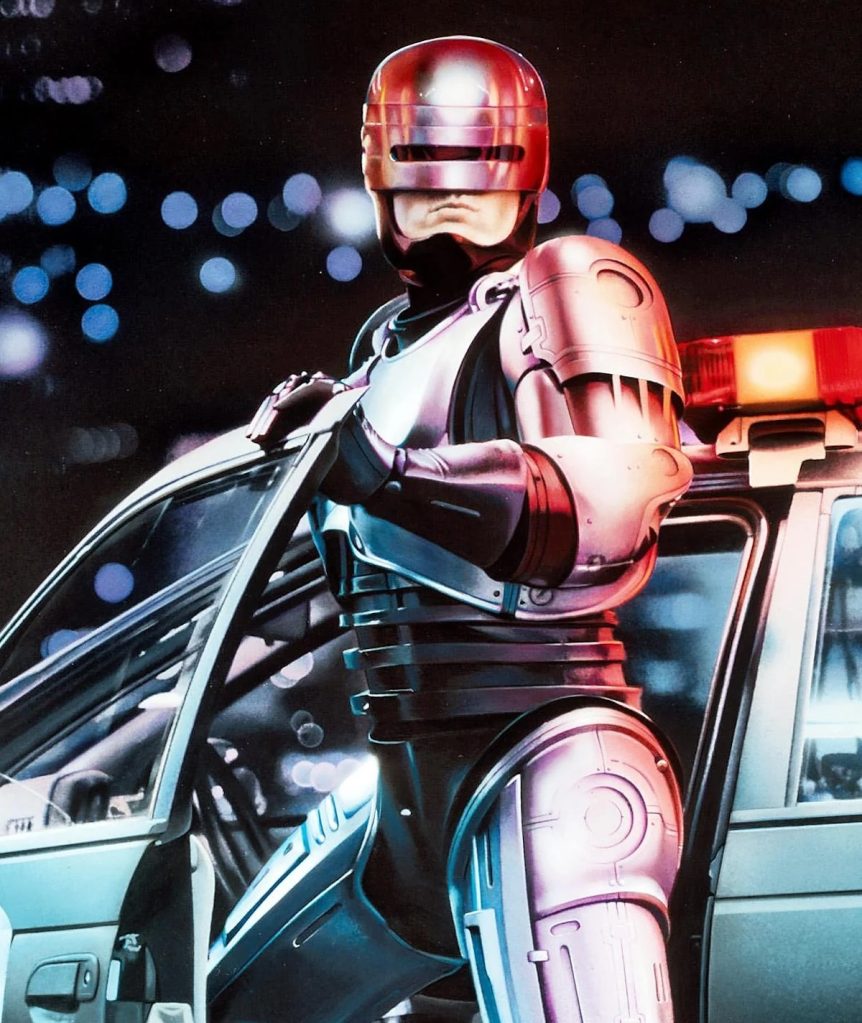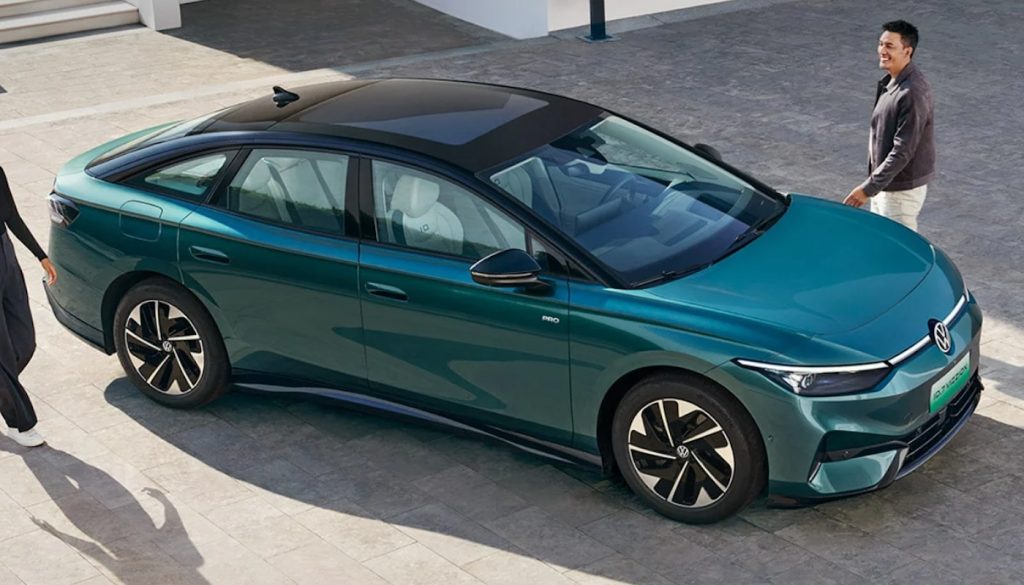Past classic that deserves the electric restomod treatment: Ford Taurus

The current EV era is ripe with revered classic car designs and nameplates that are being reborn as battery-powered rides – and the success of cars the Renault 5 proves it can be a winning formula. Today, I’m suggesting another classic that deserves a modern electric update: the OG Ford Taurus.
It might seem old and dated now, but when the original Ford Taurus made its debut in 1985, it was so fresh, so different, so futuristic that it was included, almost unchanged, in Robocop’s sci-fi vision of a dystopian Detroit. Really.
I’d buy that for a dollar

The aerodynamic design of the Ford Taurus wasn’t just futuristic, it was successful – and, from 1992 through 1996, the OG Taurus was not just Ford’s best-selling car, but the best selling car in North America.
The sedan market is very different forty years on – so different, in fact, that Ford doesn’t actually sell any sedans in North America. With the exception of the 2-door ICE Mustang, the Blue Oval brand doesn’t even sell any cars, and operates almost entirely as a truck and SUV brand.
Advertisement - scroll for more contentNow, imagine Ford decides to get back into the sedan game. It’s 2025 now, and the Tesla Model 3 has proven that there’s enough demand for at least one successful electric sedan in the US. And, crucially, it seems like most of those buyers won’t be trading their Tesla back in for another one.
If there was ever a time to do it, that time is now – and Ford is perfectly positioned to fast-track a new-age Taurus.
The VW connection

Yes, I know that’s a Volkswagen – but hear me out. Ford and VW have a strong, existing relationship when it comes to EVs, having co-developed the MEB electric skateboard platform that underpins both the high-riding Ford Capri (itself a modern take on a classic Ford) and the Volkswagen ID.7 shown, above.
The ID.7 is an interesting piece, because it was always Volkswagen’s original intention to bring the car to the US, but slowing sedan demand and a dealer body that would rather sell Scout-branded SUVs and pickups than near/entry-luxe sedans killed the car’s chances before before the first one made it over. Now, it’s not coming to the US at all.
Top comment by Damon Ekstrom
Liked by 6 peopleBefore a tree ultimately crushed our Ford Taurus, my wife and I drove that car everywhere. We loved it. It was a well designed sedan, and I think a resurgence into an EV line could sell very well.
Sedan models are sorely lacking in the EV field right now. Currently, many legacy car manufactures are in love with SUV designs, but low-cost EV's are what is needed right now. I love everything about the Honda Prologue, but it's very expensive. The Civic is their #2 most profitable vehicle, and my wife is waiting for the (hopefully) inevitable EV line of Civics or sedans that come from Honda next. She loves her 2015 Civic, and would only give it up for another Civic, or a similar sedan model from Honda.
That might have been a mistake, since the the midsized ID.7 sedan is currently the best-selling EV in Germany, with sales continuing to accelerate throughout Europe in the wake of Tesla’s catastrophic, politically-fueled decline.
So, VW dealers don’t want a perfectly capable, Ford-developed, aerodynamic midsized sedan to sell in the US? No problem. Ramp up the BlueOval SK battery plant, set off a hiring frenzy at BlueOval City, start building an oval-badged ID.7-based Ford Taurus in the US, and slap a Tesla conquest rebate on the thing to help overcome Tesla buyer’s increasingly negative equity.
It even looks good in 90s Ford Taurus green.
Original content from Electrek; featured image by ChatGPT.
Disclaimer: Investing carries risk. This is not financial advice. The above content should not be regarded as an offer, recommendation, or solicitation on acquiring or disposing of any financial products, any associated discussions, comments, or posts by author or other users should not be considered as such either. It is solely for general information purpose only, which does not consider your own investment objectives, financial situations or needs. TTM assumes no responsibility or warranty for the accuracy and completeness of the information, investors should do their own research and may seek professional advice before investing.
Most Discussed
- 1
- 2
- 3
- 4
- 5
- 6
- 7
- 8
- 9
- 10